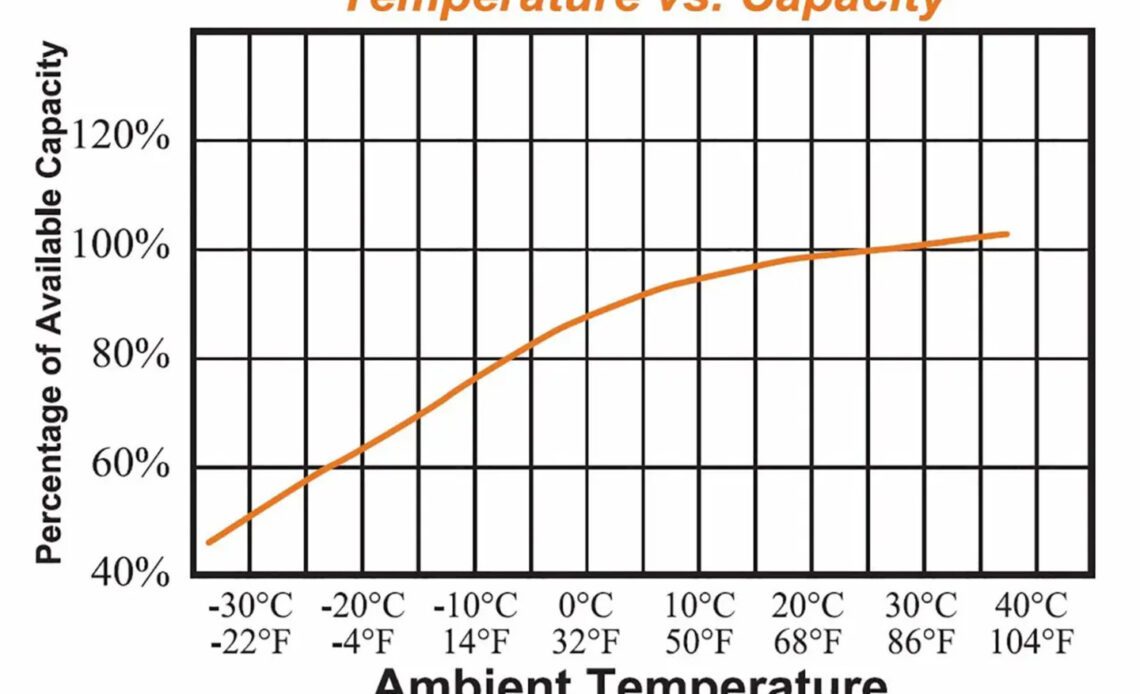If you live in an area that realizes temperatures cold enough to freeze the you-know-what off of you-know-who, then you practice the yearly ritual of getting your truck ready for winter. For many folks, that means plugging in the block heater at night, the addition of anti-gelling additives to fuel, and even ensuring the engine’s coolant has a sufficient level of freeze protection. But when was the last time you did anything to help protect your batteries?
While older diesel engines have glow plugs, many now utilize grid heaters that warm the plenum air before it is pulled into the engine. Both help “heat up” the combustion area to aid in engine starting, and both use the battery voltage to accomplish their task. If it’s extremely cold outside, it takes longer to warm up which in turn draws more voltage. If you’re not ready for winter and your battery or batteries are not up to the task, you could be stranded in your driveway and unable to go to work…
Lucky for you, we are friends with your employer, so we reached out to the folks at Optima Batteries to get some basic help, so your batteries stay in good health, and you are not missing any days at work.
Effects Of Temperature
It’s no secret that heat is the enemy of a battery. In fact, battery life can be reduced as much as half for every 15 degrees over 77 degrees Fahrenheit. This holds true for any type of lead-acid battery, whether sealed, Gel, AGM, industrial, or whatever. Basically, heat will degrade your battery, but it’s the cold of winter will make the degradation known.
A battery’s capacity (amp hours) will be reduced as temperatures decrease. This is why your truck batteries usually fail on a cold winter morning. If your batteries spend part of the year shivering in the cold, the reduced capacity has to be taken into account when sizing the system requirements. The standard rating procedure for batteries is achieved when at room temperature (about 77 degrees). At approximately minus-22 degrees, battery amp-hour capacity drops to 50 percent. At 32 degrees, that capacity is reduced by roughly 20 percent.
In short, truck owners might not realize how much the summer and under-hood heat has impacted battery performance until the first really cold winter morning twist of the key and the engine either turns over slowly or not at all.

While a battery maintainer is not required for every night use, having one on hand could prove beneficial for those in really frigid…
Click Here to Read the Full Original Article at DragzineDragzine…

